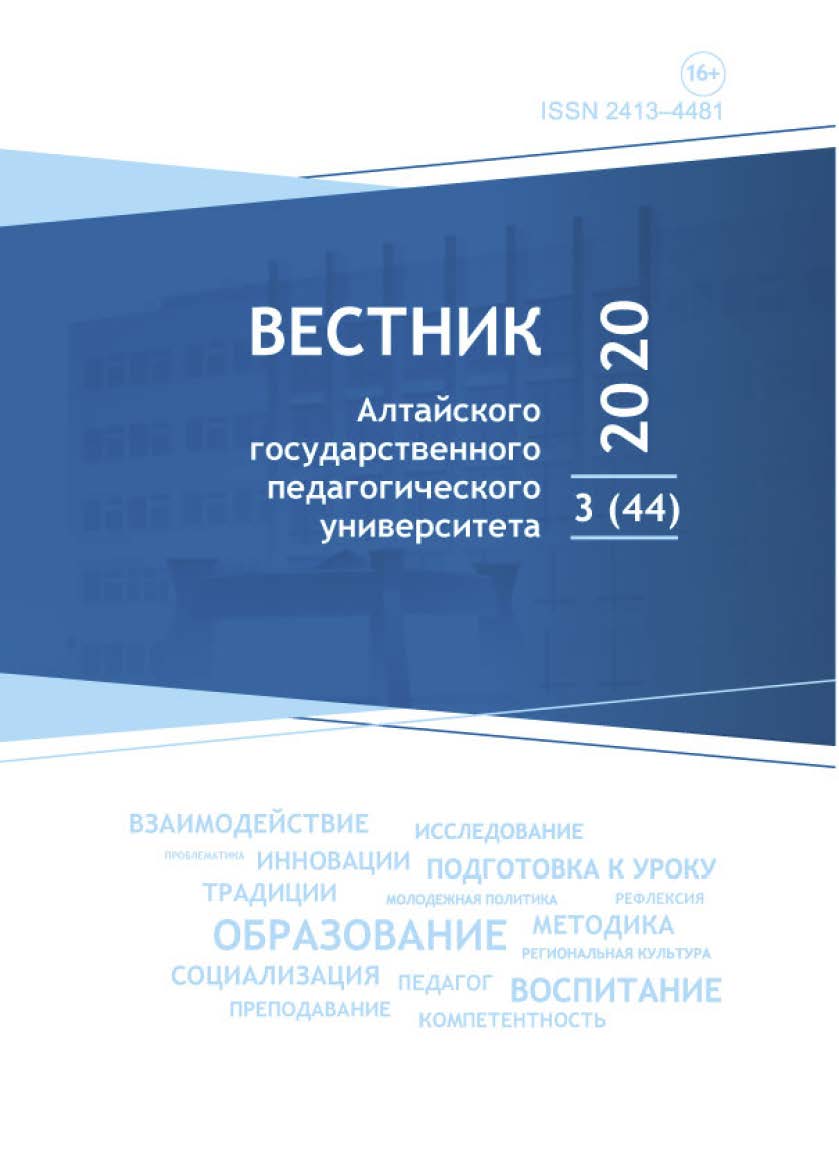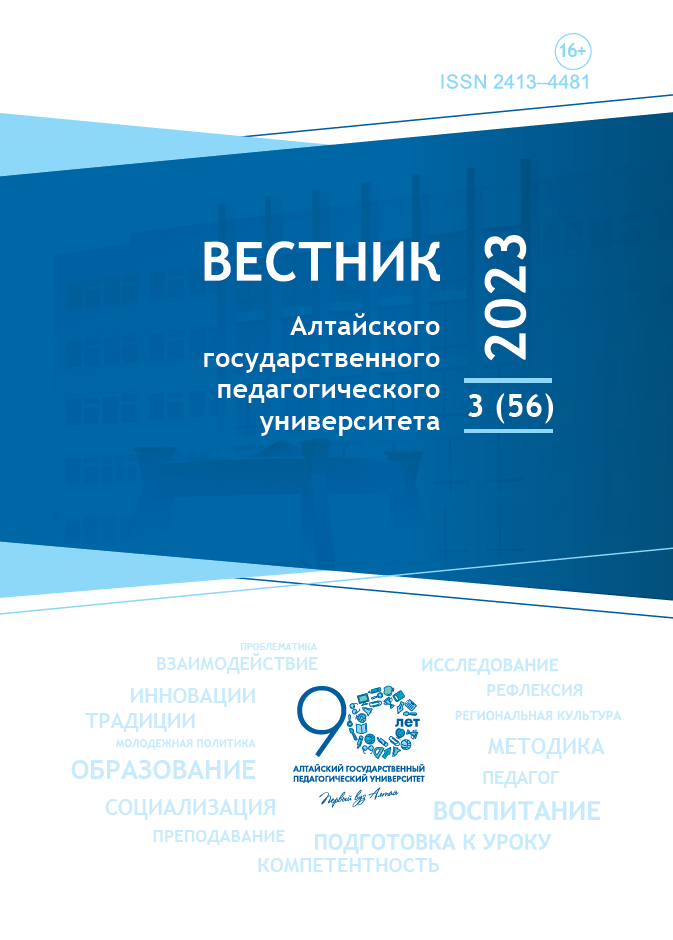CONCEPTUAL AND METHODOLOGICAL FOUNDATIONS OF INCLUSIVE EDUCATION IN THE RUSSIAN FEDERATION
DOI:
https://doi.org/10.37386/2413-4481-2020-3-7-13Keywords:
inclusive education, competence-based approach, concepts of inclusive education, methodology of inclusive educationAbstract
The purpose of the article is to consider the theoretical conceptual and methodological foundations of inclusive education in the Russian Federation for effective management and coordination of the activities of educational organizations. To achieve this goal, the general theoretical conceptual and methodological foundations of inclusive education are considered; competency-based approach to inclusive education in Russia; theory of the implementation of the inclusive form of education; basic elements of the concept of inclusive education, as well as the methodology of inclusive education in the Russian Federation. The concept of inclusive education offers a mechanism for the realization of human rights for people with disabilities. This mechanism relies on the interdepartmental interdisciplinary creation of a barrier-free environment, so that anyone can exercise their rights. The concept of inclusive education articulates a social approach to disability. That is, the medical problem of disability goes into the social sphere – a person with disabilities must not only be treated, but also ensure a normal life. Disability is considered as a set of social barriers that stand in the way of the realization of the abilities and needs of a person who has disrupted body functions. The challenge is to eliminate these social barriers. The current strategy of the Russian Federation in the field of education and social policy is aimed at aligning the institutional system conditions so that inclusive education can become a priority area of education. All state educational bodies, state authorities and self-government bodies create the necessary and special conditions for receiving education without discrimination of its quality.References
Организация специальных образовательных условий для детей с ограниченными возможностями здоровья в общеобразовательных учреждениях: методические рекомендации / отв. ред. С. В. Алехина. М.: МГППУ, 2012. 92 с.
Психолого-педагогические основы инклюзивного образования: коллективная монография / отв. ред. С. В. Алехина. М.: МГППУ, 2013. 334 с.
Алехина С. В. Инклюзивное образование: история и современность. М.: Первое сентября, 2013. 33 с.
Бут Т., Эйнскоу М. Показатели инклюзии: практическое пособие. М.: РООИ «Перспектива», 2007. 124 с.
На пути к инклюзивной школе: пособие для учителей. URL: https://drive.google.com/file/d/0B0IzJR0EON3fM1VteW9fOTRaQk0/view (дата обращения: 11.02.2020).
Петерс С. Дж. Инклюзивное образование: Стратегии ОДВ для всех детей. Ставрополь: СевКавГТУ, 2010. 124 с.
Уроки по пониманию инвалидности в школе: пособие для учителя / сост. Т. Н. Седовина, Е. Ю. Шинкарева. Архангельск: Лоция, 2016. 128 с.
Семаго Н. Я. Специальные образовательные условия инклюзивной школы. М.: Первое сентября, 2014. 38 с.
Downloads
Published
Issue
Section
License
Для публикации статьи в журнале «Вестник Алтайского государственного педагогического университета» автору необходимо заключить лицензионный договор с федеральным государственным бюджетным образовательным учреждением высшего образования «Алтайский государственный педагогический университет» (ФГБОУ ВО «АлтГПУ»).



